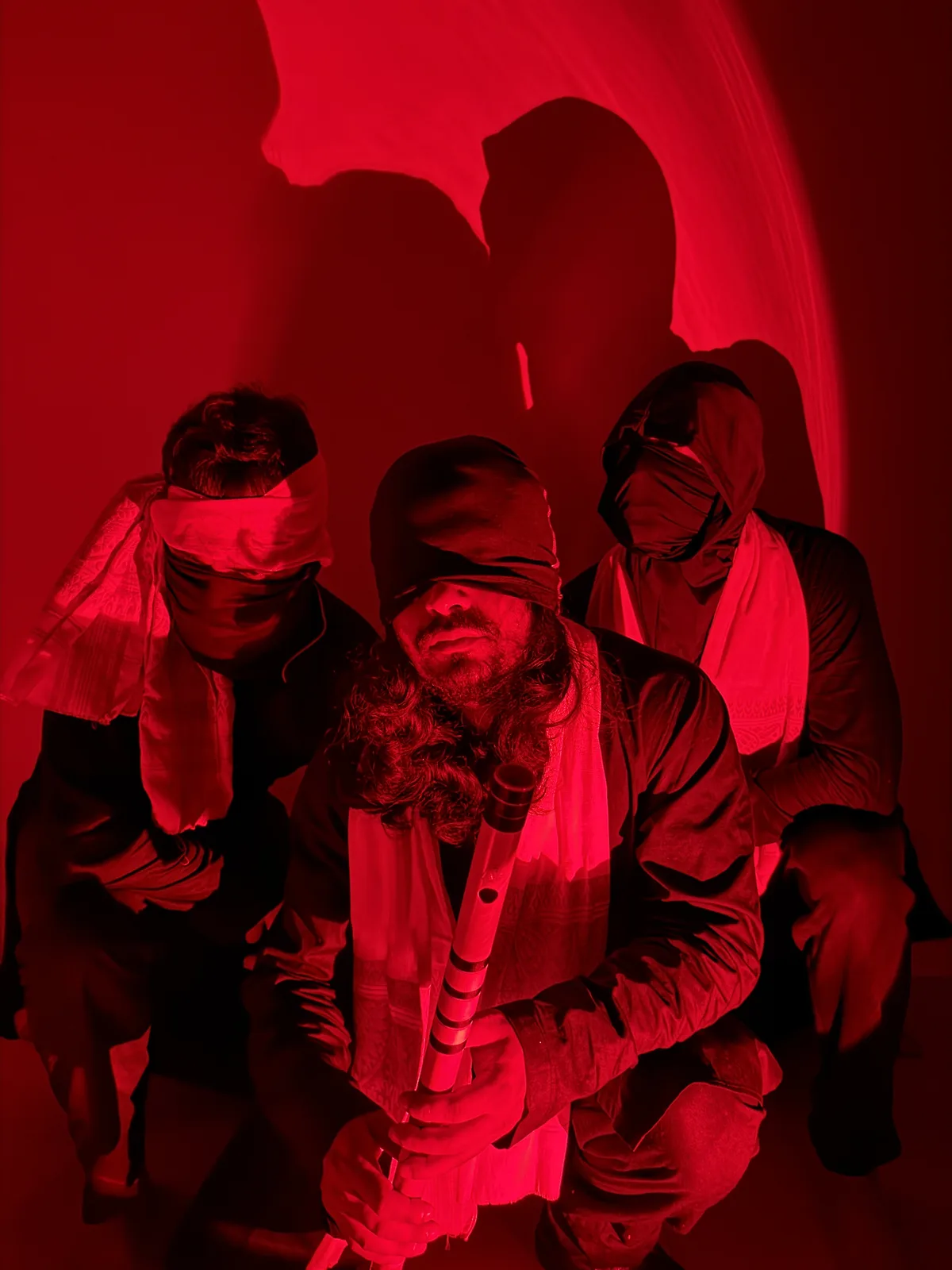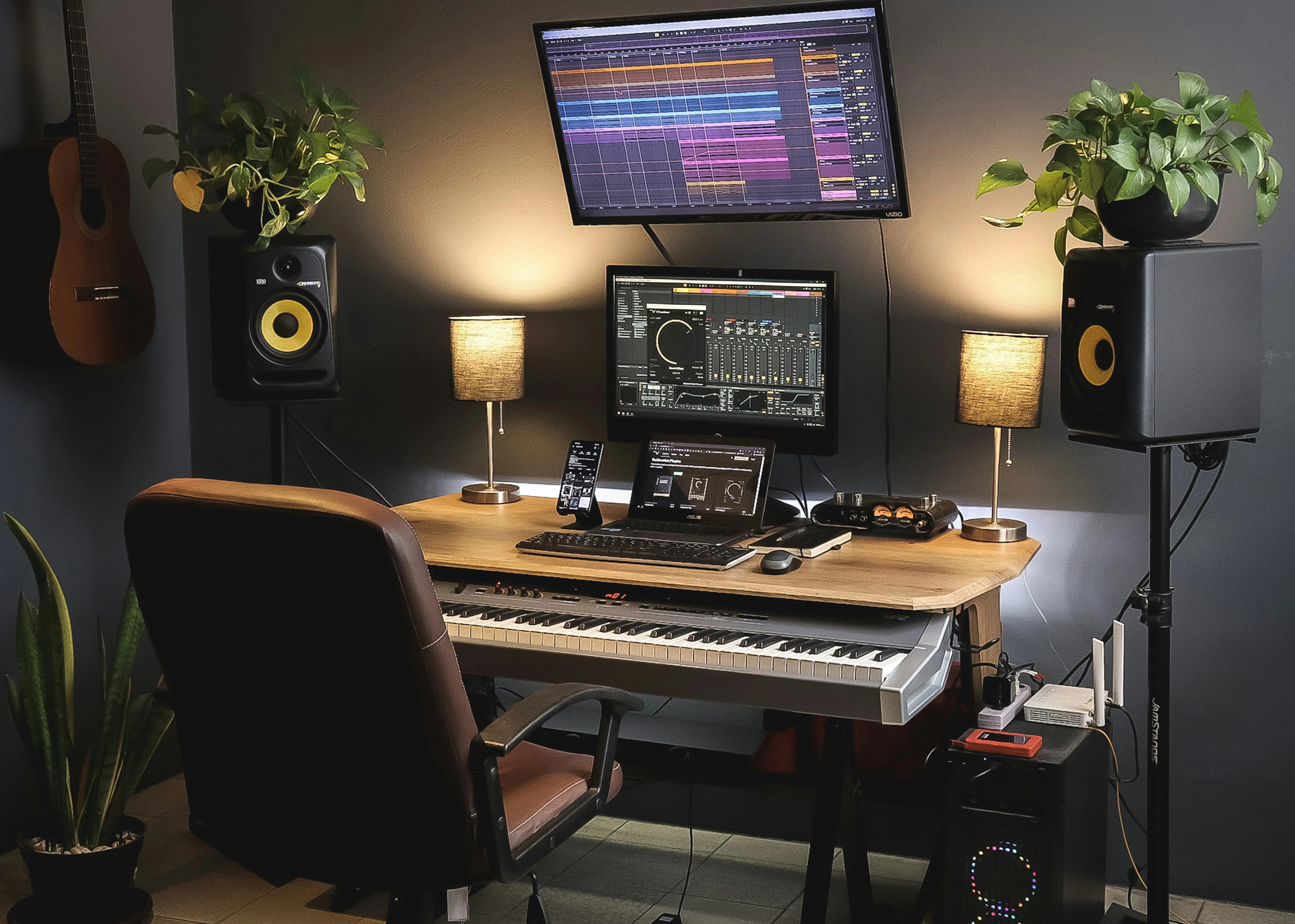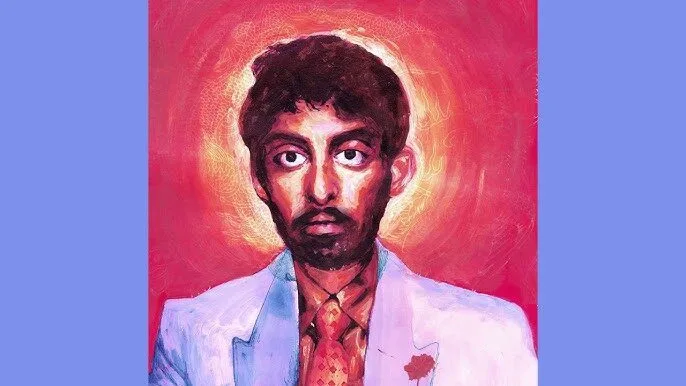One of the peculiar habits that I have picked up is the petulant urge to walk extreme distances after sunset — once having hit an impressive peak of 21 kilometres — in order to clear my head in a way that in retrospect does sound like it borders on insanity. On one such walk in my hometown, along a narrow road that lines a railway track, last year, I listened to Lifafa’s Jaago.
Admittedly, I have been late to the magic of the album. It was already 4 years old by then, and I had finally admitted to myself that music in Hindi dissolved into the streams of my thoughts far better than any language. There is a cognitive dissonance one usually feels when one limits themselves to music that is solely from a foreign landscape, all the brilliant soundscapes and vibrant crescendos sometimes leave you feeling alienated, no matter how biting the lyrics are. Jaago came into my life when this dissonance was at its maximum, and I was looking for music that would say things that had been left garbled and muddled up inside me for a good while.
There is a stunning visuality to the album — and you can situate yourself in the pictures it paints. Suryakant Sawhney, aka Lifafa, says in a particular interview that the ingredients he experiments with when it comes to his music is, “A second of Mozart, a second of traffic, or just someone playing flute outside.” Perhaps the album is a reflection of that, soundtracks to, reminiscences of, internal monologues about moments that were supposed to be fleeting, unobserved, or ordinary, stretching into a shape within your brain space becoming a memorabilia of sorts. The songs on the record could be situated anywhere in Indian time — in Bollywood parallel cinema of bygone times, in the lo-fi playlist variants of today, in an alleyway with a radio behind a barred window.

Sawhney uses electronic music to construct a narrative with harmonium playing, samples sounds of a train passing by, and plays with “bhajan EDM”. The product that culminates is vibrant, biting, devotional and sometimes deeply sarcastic. Jaago begins with an eponymous opening track, that keeps with that very devotional element, while making an incision across deluded nationalism, as he croons with his revered baritone : “Doob raha hai desh, yaahan aaj saath nahi zubaan”, as the sounds of something akin to a kartal rings across.
Overtime, Chaku Chidiya, the second song off the album, has established itself as a solid fan favorite. It is bright in its sonic quality, warping the artist’s vocals, applying folk-like percussive elements, and one can almost see Sawhney smiling sardonically through his exhausted urging the second person singular to sing something, until he pulls the plug on the playful delivery, ending it with “yun hee, khatam jawani.”
Exhaustion is a stairway spiraling down the tracks on the album, coexisting with, and finally metamorphosing into complete resignation. Nikamma is perhaps the most optimistic in the entire tracklist, with the main and tu finally converging in the same space, although it has not been freed from the bitterness that inhabits the record in its entirety.
It all turns over to gloomier chapters, post Candy, which functions as an interlude. There is a departure, as there are calls of “Ghar aaja” on Din Raat — cementing that feeling of isolation, one can picture the weary protagonist trudging through passageways, in a haze of sorts, grappling with the dissolution of whatever remaining hope.
I have always struggled with having a boxable existence, especially after going away for college. All my life — packed in cartons. Growing up, I had never bothered decorating my room because I had known I would eventually run away from everyone and everything. Once away from home, I had not bought anything to decorate my dismal rooms in hostels and Paying Guest accomodations — perhaps it was a safety net to ensure that nothing truly lost its transitive quality and entrenched itself into my being, only to be parted with, in time. The day I listened to Jaago, back home, languidly pacing alongside the tracks to the gateway outside the claustrophobia-inducing suburbia I grew up in— there were no trains, besides those on MJRH, which is an acronym for Main Jee Raha Hoon. When the 8 song record ended with a track that goes “main jee raha hoon, boond par, naa koi sahara, naa koi safar” — I had felt some inexplicable ice thaw inside me, like some preternatural thing had finally been normalized, set straight, granted bearability. This is the kind of music, I think, that changes into mythology, becomes a classic, music that offers a worn out, beaten up, callused palm to hold — warming what would have remained frozen forever.




























